Health
-

Social media detox boosts mental health, but nuances stand out
‘Wildly different reactions’ among participants, says researcher
-

New research finds 5 genetic signatures shared by 14 psychiatric disorders
Could advance treatment of mental illness with greater precision, less medication

-

Break in the case for long COVID investigators
Research highlighting chronic inflammation opens path to treating illness that affects millions of Americans

-

The problem with the school smartphone debate
Study finds most districts already regulate devices. Is the real issue enforcement?

-
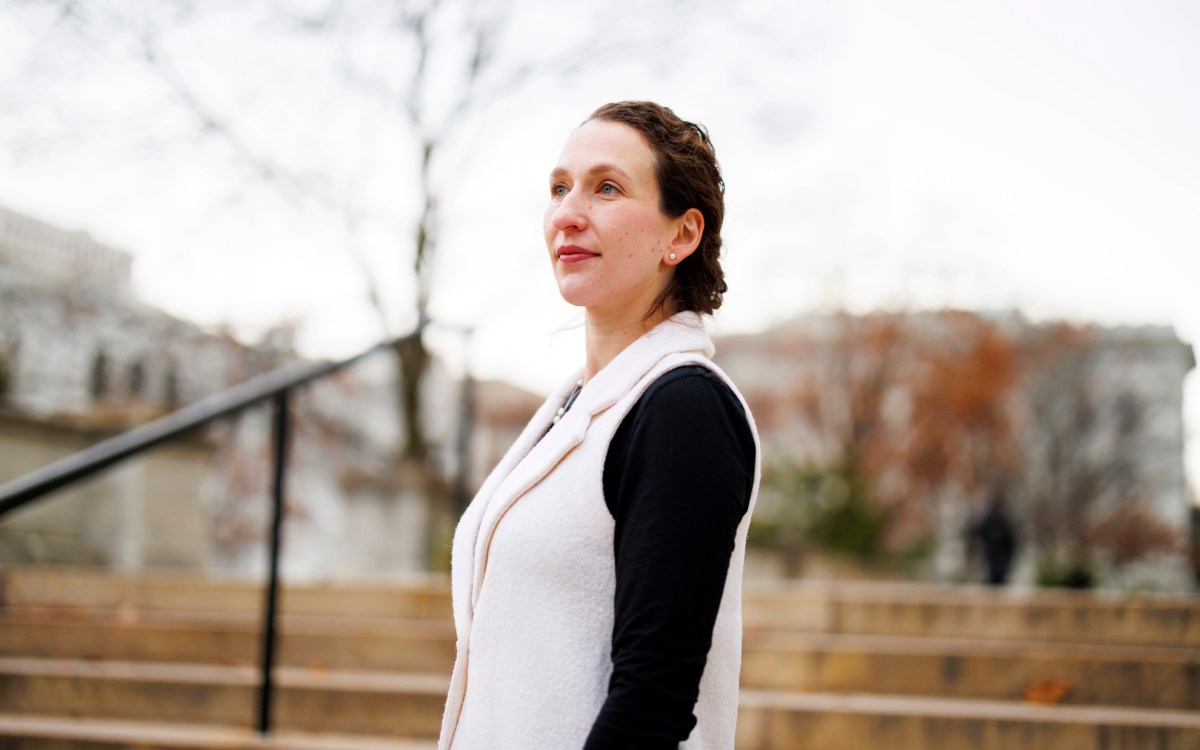
Just who gets a say at FDA public drug-approval hearings?
New research shows negative voices are relatively rare in drug approval hearings.
-

Your digital twin might save your life
AI, statistics offer new possibilities for personalized medicine
-
Bringing big data to the farm
Digital technology and big data will power the next big advance in the business of farming, the head of a “digital agriculture” firm told a Harvard audience.
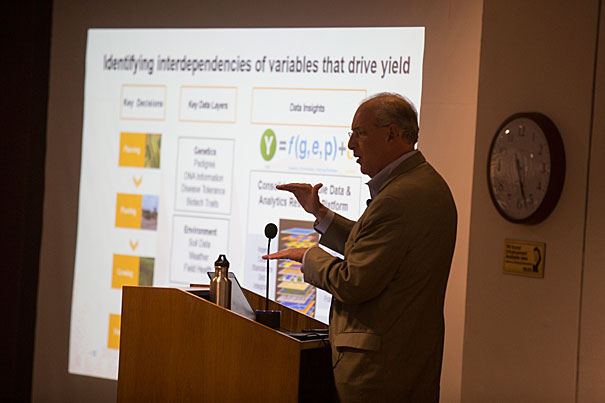
-
Understanding life, here, there, and everywhere
Harvard’s Origins of Life Initiative has grown along with the rise in interest in how life first arose on Earth and whether it exists on other planets.

-
Plotting the demise of Alzheimer’s
New study is major test for power of early action
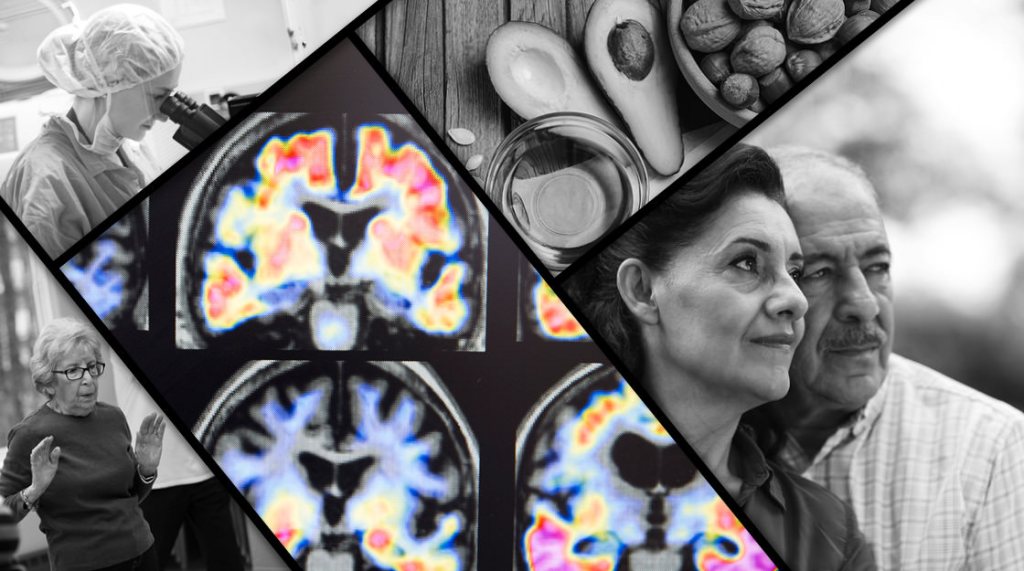
-
Mimicking life in a chemical soup
An Origins of Life researcher has created a chemical system that mimics early cell behavior.

-
Solving the mystery of the Arctic’s green ice
Researchers have found that due to warming temperatures, phytoplankton can now grow under Arctic sea ice, dramatically changing the ecology.

-
Why weeping willows bend and poison ivy doesn’t
A mathematical framework can explain how a plant stem’s “sense of self” contributes to its growth upward or downward.

-
Critical step found in DNA repair, cellular aging
The body’s ability to repair DNA damage declines with age, which causes gradual cell demise, overall bodily degeneration, and greater susceptibility to cancer. Experiments in mice suggest a way to thwart DNA damage.

-
The machinery of hearing
New research not only sheds new light on how hearing works, but could help clarify how it deteriorates over time.
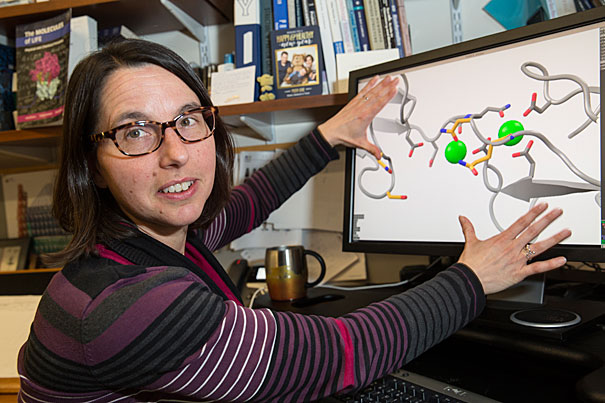
-
Progress in treating hearing loss
Harvard Stem Cell Institute researchers have developed a drug cocktail that unlocks the potential to regrow inner-ear hair cells, which could help combat hearing loss.

-
Study flags later risks for sleep-deprived kids
Children ages 3 to 7 who don’t get enough sleep are more likely to have problems with attention, emotional control, and peer relationships in mid-childhood, according to a new study led by a Harvard pediatrician.

-
How a child made scientists think of cytokines as knobs instead of switches
A rare anemia is opening scientists up to a new way of thinking about how to adapt and employ cytokines, messenger molecules of the blood and immune system, as tools for treatment and the promise of precision medicine.
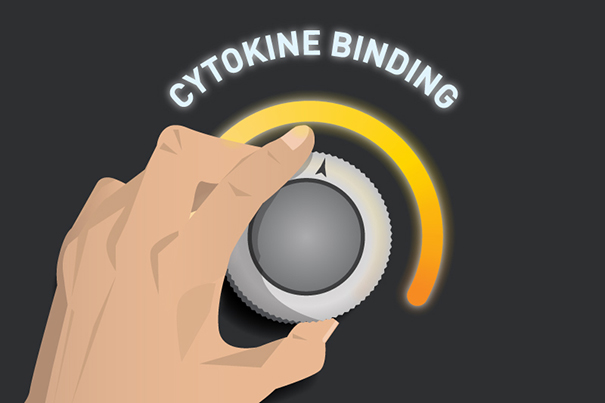
-
Brain-training app creators join in the genetics game
The Wyss Institute and Harvard Medical School’s Personal Genome Project are collaborating with Lumos Labs, the makers of Lumosity, to investigate the relationship between genetics and memory, attention, and reaction speed.
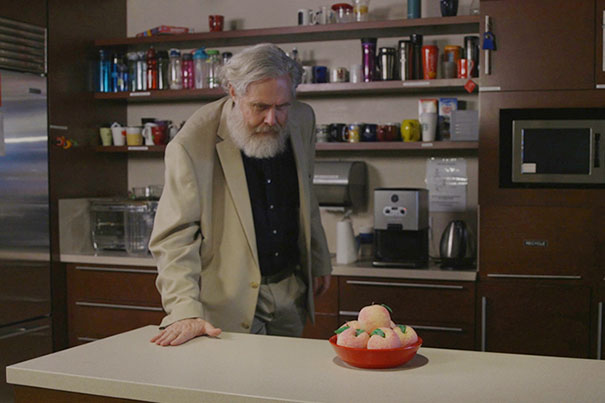
-
Poking at consciousness
Biologist Brian D. Farrell gave a lecture at the Harvard Museum of Natural History exploring the roots of consciousness.
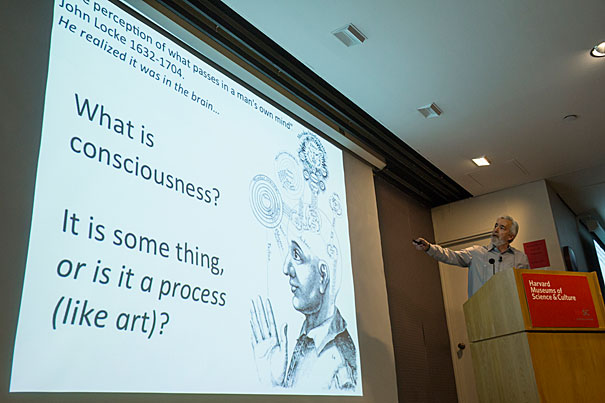
-
The grateful life may be a longer one
Psychiatrist Jeff Huff is leading an MGH effort to determine whether positive thinking can promote better health.

-
Underwater photography inspires conservation
Keith Ellenbogen captures the ecosystems deep within the oceans, bringing them to life through his underwater photography.

-
Study shows differences in effects of ‘real’ and ‘sham’ acupuncture
Researchers saw improvement in carpal tunnel syndrome symptoms after “real” acupuncture and brain remapping. The study also found no physiologic improvements from “sham” acupuncture.

-
The changes in drug research, testing
In December, Congress passed a bipartisan law to boost federal medical research spending and to ease the approval of new drugs. In a panel discussion, experts at the Harvard T.H. Chan School of Public Health talked about its pros and cons, including whether it will be funded, and whether the relaxed drug approval guidelines are too easy.
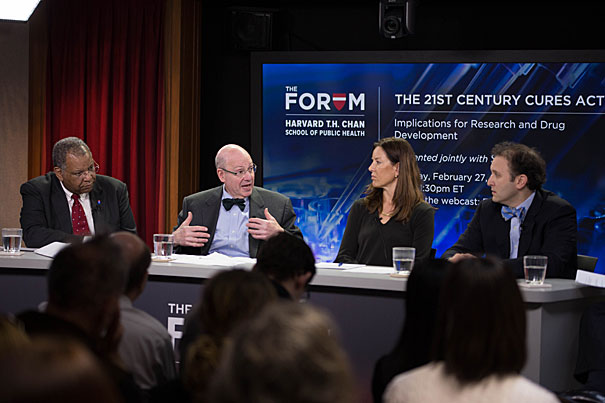
-
For better health, reduce greenhouse gases
The “Harvard Chan: This Week in Health” podcast sits down with Aaron Bernstein, associate director of the Center for Health and the Global Environment at the Harvard Chan School, to discuss how climate change will impact health and health care costs.

-
Gut details
New findings have the potential to help researchers more accurately identify microbiome enzymes and quantify their relative abundance.
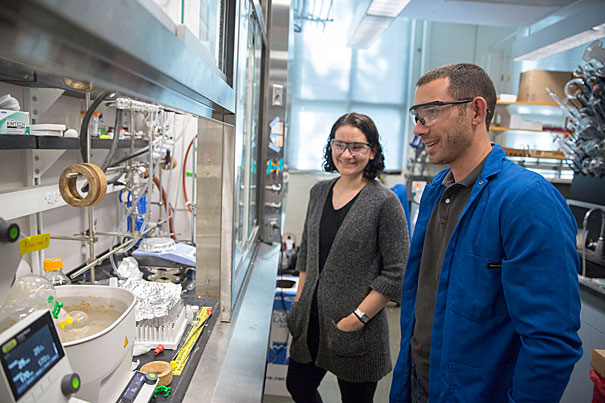
-
Study confirms vitamin D protects against colds and flu
Researchers find vitamin D helps the body fight acute respiratory infection.

-
The confused future of health care
At a Kennedy School panel on the future of health insurance, the analysts disagreed on many key points, but did agree that any new national plan, if there is one, will take time to create.

-
A case against the drug war
Ayelet Waldman stopped at Harvard Law School to talk about her new book, “A Really Good Day: How Microdosing Made a Mega Difference In My Mood, My Marriage, and My Life.”
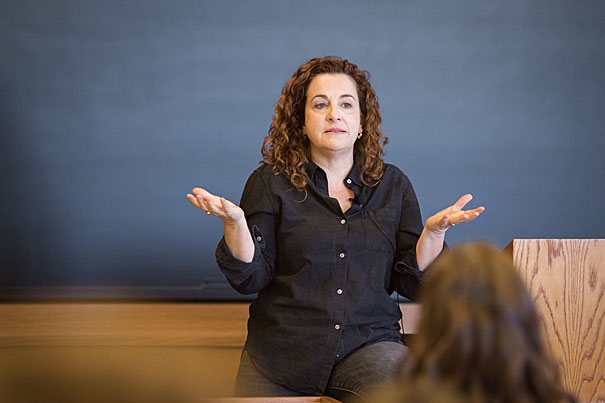
-
Cocoa for pleasure — and health?
A study by Harvard Medical School faculty members at Brigham and Women’s Hospital is exploring the health benefits of cocoa in a massive, 18,000-person study that may provide answers hinted at in smaller studies.

-
Patients’ cells provide possible treatment for blood disorder
Harvard researchers were able, for the first time, to use patients’ own cells to create cells similar to those in bone marrow, and identify potential treatments for a rare blood disorder.
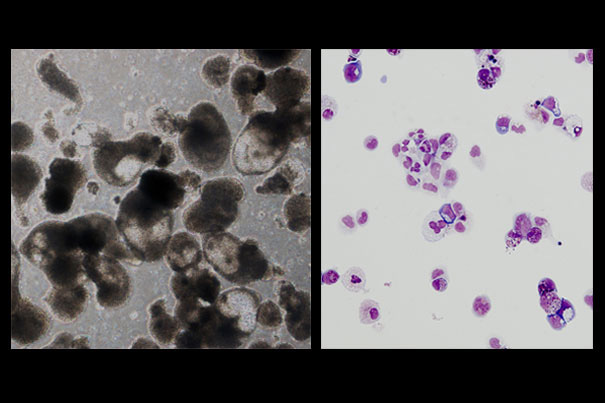
-
Playing catch-up on marijuana
The Gazette speaks with the Medical School’s Staci Gruber, who thinks that state marijuana legalization policy has run ahead of science.

-
Where lead lurks
A Harvard Chan School researcher has launched a website to connect citizens with data on the water coming through their taps.

-
New gene-delivery therapy restores partial hearing, balance in deaf mice
Harvard Medical School scientists and colleagues from Massachusetts General Hospital have partly restored hearing in mice with a genetic form of deafness. The new approach overcomes a longstanding barrier to gene therapy for inherited and acquired deafness.

-
New hope for children with brain tumors
A new study out of Harvard-affiliated Dana-Farber/Boston Children’s Cancer and Blood Disorders Center suggests that precision medicine can provide vital care in treatment and diagnosis of pediatric brain tumors.
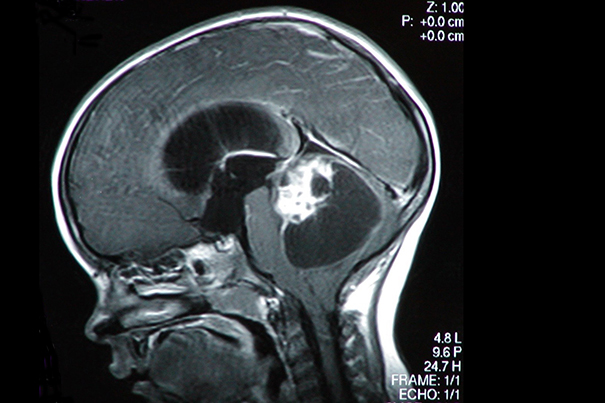
-
Sugar stands accused
Science journalist Gary Taubes brought his “Case Against Sugar” to Harvard Law School.
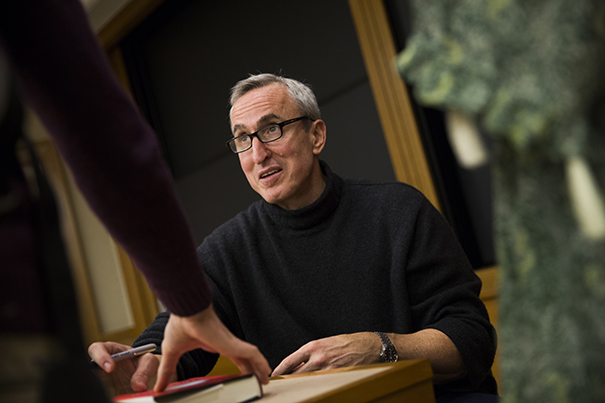
-
No easy answer for health void in Syria
Professor Jennifer Leaning, co-chair of a new committee set up to examine the health consequences of Syria’s civil war, talks about the country’s prospects for stability and recovery.

